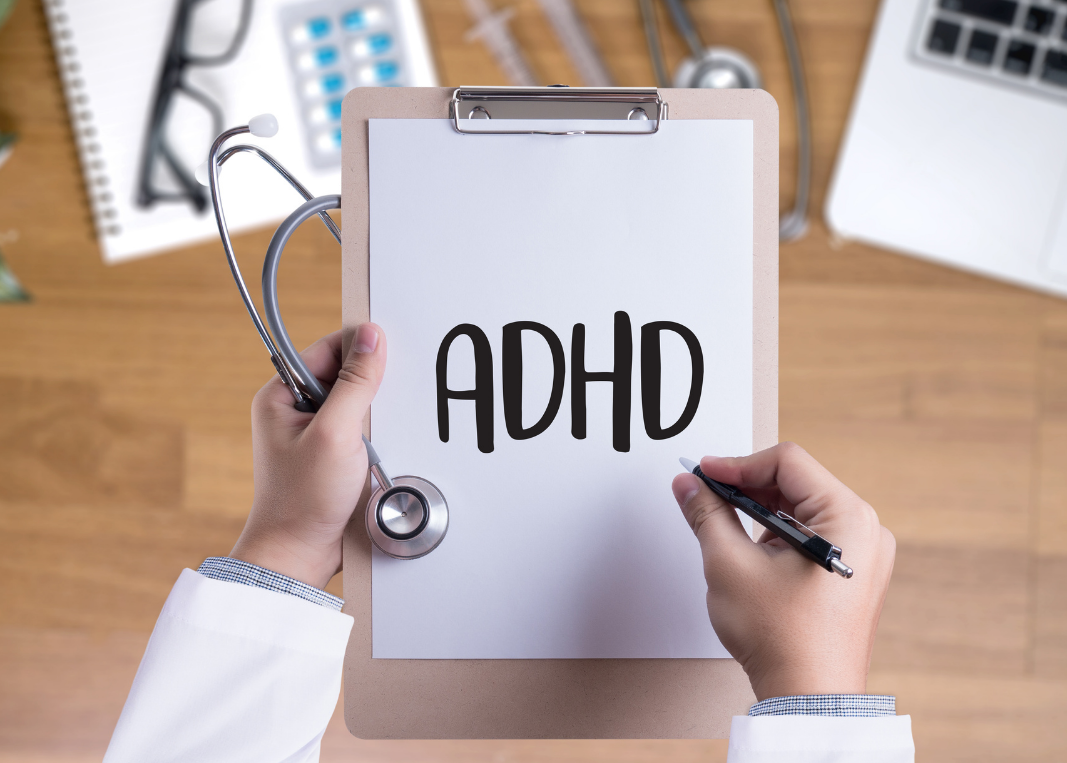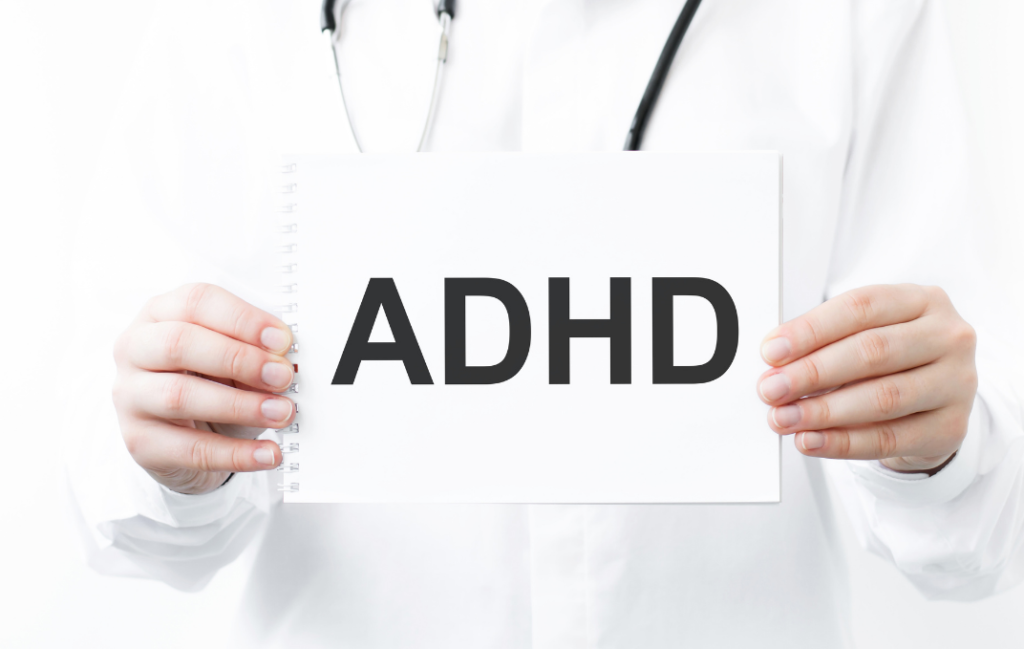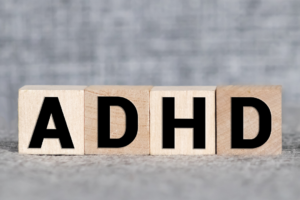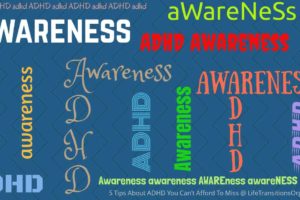
Your ADHD Brain Survival Kit – How You Stay Organized and Productive
Disorganization can be overwhelming! When the cause(s) are identified, solutions are easier to find. Here I’m discussing the impact of Attention Deficit Hyperactivity Disorder (ADHD) on organization and productivity.
A brief overview of ADHD:
-
It is a complex brain-based condition that impacts various areas of life.
-
Adults and children can be diagnosed with ADHD. It affects females and males.
-
It involves limitations in the Executive Functions (EFs). Since EFs help us manage the complexity of life, shortfalls in EFs negatively impact sense of time, memory, self-activation, emotional self-control, hindsight and forethought.
-
ADHD symptoms must be persistent, pervasive, and impairing.
-
There are three presentations: inattentive, hyperactive/impulsive, and combined.
-
ADHD should only be diagnosed by a qualified professional.
A person diagnosed with ADHD will benefit from the following organizing and productivity tactics.
Strategy #1 Acquire Information. It’s important to get accurate information about how ADHD specifically impacts various areas of your life. This includes knowledge about the features of ADHD listed in the overview above and how they “show up” in your life.
Researching various management options is also critical. Some people pursue standard practices such as a healthy lifestyle combined with medication. Others try alternatives such as essential oils, acupuncture, and biofeedback. You need to decide what is best for you when considering how to manage your ADHD.
If you’re exploring the possibility of medication, it’s important to have the facts. Besides understanding how it improves some of the challenges associate with ADHD, you’ll want to inquire about:
-
Stimulants vs. Non-Stimulants
-
Families of medicine: for instance, there are two main groups of stimulants-amphetamines and methylphenidates
-
Brand name vs. generic
-
Length of effect: short, intermediate or long-lasting
-
Delivery system: pills, liquids, and patches may be available depending on the medicine
-
Type of delivery: continuous release vs. pulse delivery

Strategy #2 Develop Awareness. Self-knowledge is key to creating a life that fits you. Can you identify:
-
your passions and dreams?
-
your needs and values?
-
your challenges and strengths?
-
your perspectives, assumptions, and self-talk?
-
how you process information best?
-
your self-care practices?
It’s essential to develop awareness of when you need to pause. Sometimes your attention may shift at the wrong time. You’re cooking, the phone rings, you answer it and get into a long conversation. Next thing you know, you’ve burned part of dinner. Instead of pausing when the phone rang to decide to let it go to voicemail or to tell your friend that you’ll need to call back, you shifted too quickly. Lack of pausing also shows up when you’re highly involved in an activity. You may get so focused that you forget to shift to the next activity. In this case, setting a prompt to shift, such as a timer (or two!) can serve as a reminder to pause and readjust activities as necessary.
Strategy #3 Establish Support. Creating a support system is a great way to ensure successful management of your ADHD! Your diagnostician and physician are already part of the support team. If you decide to take medication, then that is another piece of the scaffolding.
At certain times you may want to add one or more of the following to complete your team: an organizer trained to work with people who have ADHD, a counselor, and an ADHD coach.
These team members can help reinforce your scaffolding by helping you create routines and optimal physical environments, as well as assist in devising individualized strategies and methods of collaboration or delegation.
Other people are also great at providing accountability. Just make sure that it’s positive accountability and not nagging!
Strategy #4 Live Healthy. Adults benefit from seven-to-nine hours of restful sleep, regular exercise, the appropriate amount of water, and wholesome food. Exercise can increase a person’s ability to focus at other times during the day. Good sleep, hydration, and nutritional food give the body fuel and strength to make better decisions and stay on task.
Healthy sleep is influenced by consistent nightly routines. Exercise and meals need to be easy and fun!
These four strategies are the basis of your ADHD brain survival kit. If you’d like more information about thriving with ADHD, complete this form & you’ll receive my ADHD Organizing & Productivity Resources.


